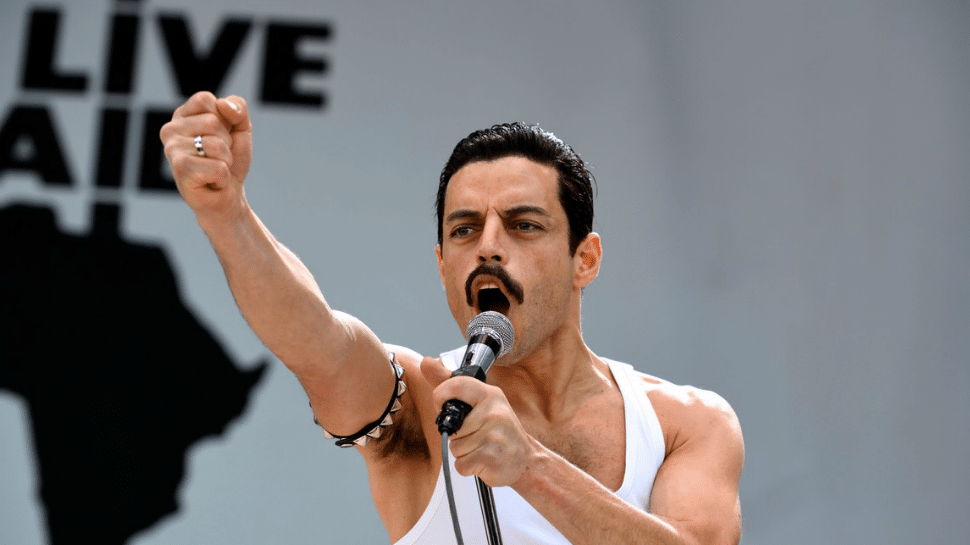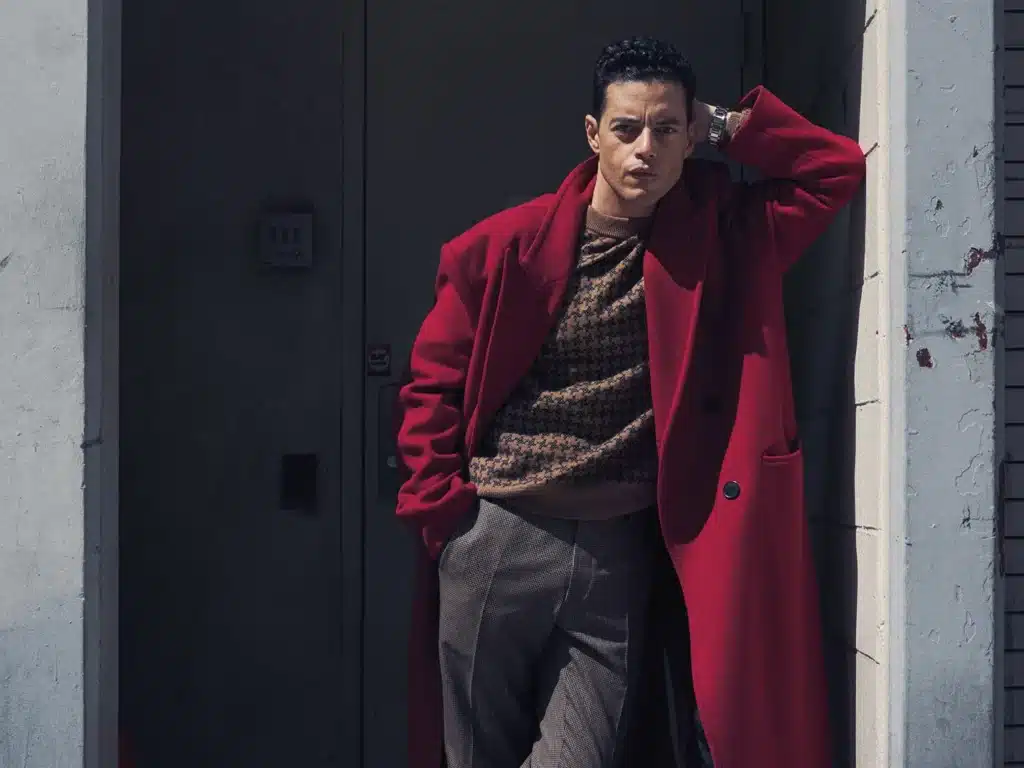In a cinematic world filled with polished superheroes, romantic heartthrobs, and action stars, there’s something incredibly refreshing about watching a character who’s awkward, unsure, and authentically human. That’s exactly what actor Rami Malek brings to the screen—and why his unique energy makes him the ideal “amateur” protagonist in modern cinema.
Malek, best known for his Oscar-winning role as Freddie Mercury in Bohemian Rhapsody and his Emmy-winning performance in Mr. Robot, has always stood out for his captivating blend of vulnerability, intensity, and quiet charisma. Now, with a growing reputation for playing relatable characters caught in larger-than-life situations, he’s earning praise from filmmakers and audiences alike for being “accessible” in a way that few leading men are.
Let’s take a closer look at why Rami Malek’s “awkwardness” is actually a superpower—and how it’s helping reshape Hollywood’s idea of the leading man.
Not Your Traditional Leading Man

Hollywood has long favored a certain mold: tall, conventionally handsome, confident, and commanding. Rami Malek doesn’t quite fit that mold—and that’s precisely why he works so well in roles that require emotional depth and psychological nuance.
Standing just under average height, with sharp features and a distinctively expressive gaze, Malek often plays characters who are introverted, hesitant, or grappling with internal conflicts. His characters often don’t charge into rooms; they observe from corners. They don’t always speak loudly; they think deeply.
And for a new generation of filmgoers, that’s incredibly relatable.
A Director’s Dream: Why Filmmakers Love Working with Malek

According to insiders close to recent projects, directors are drawn to Malek not despite his offbeat style—but because of it. His “accessible awkwardness” makes it easy for audiences to project themselves onto his characters. When Malek stumbles, fidgets, or hesitates on screen, it doesn’t feel like bad acting—it feels real.
Filmmakers say Malek understands how to convey tension without exaggeration, and how to build suspense through silence, subtle movements, and eye contact. That kind of skill is hard to teach. It’s also rare in an industry that often prizes flashy performances over genuine emotional resonance.
In a time when audiences are craving authenticity, Malek delivers.
Embodying the Intelligent Outsider
A recurring theme in Malek’s roles is the “outsider genius” — characters who are brilliant but socially isolated. In Mr. Robot, he played a hacker navigating both corporate corruption and his own mental health. In Bohemian Rhapsody, he transformed into a musical icon who struggled with his identity even as he rose to global stardom.
These characters resonate because they reflect real human experiences: insecurity, social anxiety, imposter syndrome, and the desire to be seen. Malek’s performances never gloss over these struggles. Instead, he leans into them, allowing audiences to feel less alone.
That’s what makes him so compelling.
Awkwardness as a Strength, Not a Flaw
The word “awkward” is often used as a negative, but in Rami Malek’s case, it’s a form of emotional honesty. His characters often pause when they’re uncertain, avoid eye contact when they’re scared, or react imperfectly under pressure—just like real people.
In an age of Instagram perfection and overproduced blockbusters, there’s something grounding about a performance that doesn’t feel rehearsed. Malek shows that you don’t need to be loud to be powerful, or smooth to be strong.
His characters’ awkwardness becomes their defining trait, making their eventual victories all the more satisfying.
A New Archetype: The Amateur Hero
Malek has become a standout example of what could be called the “amateur hero” archetype: someone who doesn’t start as a savior, soldier, or leader—but becomes one through vulnerability, intelligence, and determination.
In stories like Buster’s Mal Heart, Papillon, or his newer thriller roles, Malek’s characters are often thrown into unfamiliar or threatening environments. They don’t know how to fight. They don’t know all the answers. But they learn, adapt, and persevere.
And because they don’t start out as heroes, their journeys feel more earned—and more emotionally satisfying.
Relatability is the New Superpower

It’s no secret that today’s audiences are looking for characters they can connect with. That’s why roles rooted in emotional complexity, like those played by Malek, are gaining more traction across both indie and blockbuster cinema.
His appeal lies in how believable he is. Whether he’s playing a cybersecurity expert, a wrongly accused man, or a quiet observer who holds the key to a mystery, Malek brings an internal depth that invites empathy.
His fans don’t just watch him—they feel alongside him.
More Than Just Method: Malek’s Process
One reason Malek’s performances are so emotionally resonant is because of his meticulous preparation. Known for deeply researching his roles and embodying characters fully, Malek often studies body language, speech patterns, and psychological profiles.
This dedication allows him to inhabit even the most complex roles without feeling performative. Instead of “acting like” someone else, Malek becomes them—awkwardness and all.
It’s this authenticity that directors admire and audiences return for.
What’s Next for Malek?
With an expanding slate of diverse roles and collaborations with top-tier directors, Rami Malek continues to surprise and evolve as an actor. He’s not content to stick with what’s safe. Instead, he seeks out roles that challenge the viewer’s perception of what a hero, a man, or a protagonist should look like.
His future projects are expected to delve even deeper into psychological thrillers, political dramas, and genre-bending indie films. And if his recent work is any indication, we can expect more characters who are awkward, brilliant, uncertain—and utterly unforgettable.

Final Thoughts: Embracing the Awkward, Celebrating the Real
In a cinematic age where authenticity matters more than ever, Rami Malek is proving that you don’t need to be loud, muscular, or traditionally confident to carry a film. His brand of “awkward accessibility” is not only refreshing—it’s revolutionary.
By leaning into what makes his characters imperfect, he reveals what makes them powerful. In doing so, Malek is quietly reshaping what it means to be a leading man in the 21st century.
For those tired of cookie-cutter heroes and over-the-top performances, Malek offers something different: truth, vulnerability, and depth. And that might just be what the world needs most right now.
